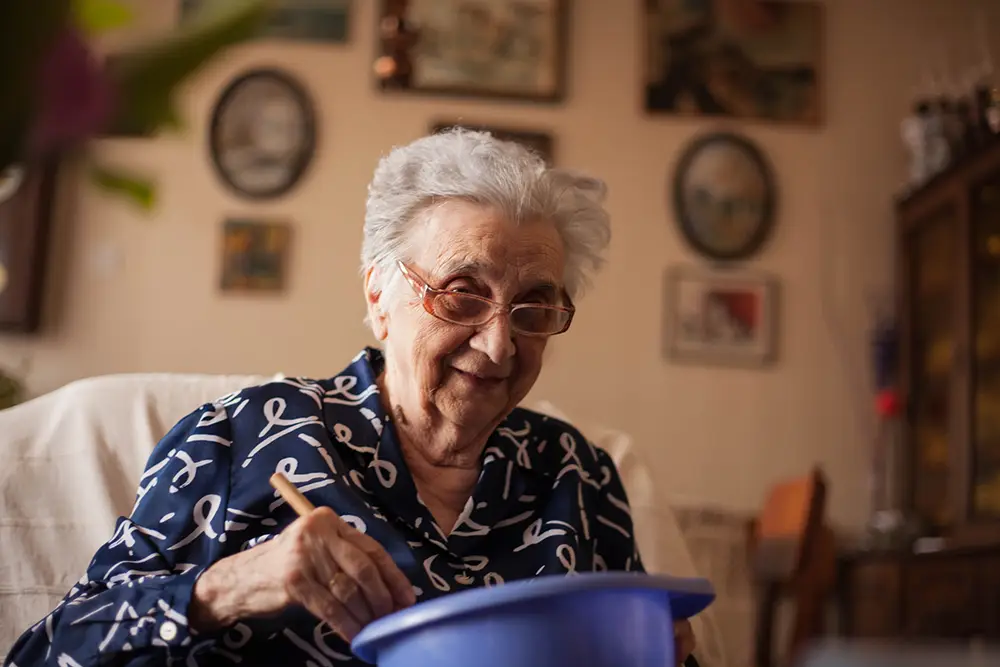Alzheimer’s in Real Life: What It Means for Families
Gentle guidance on the facts and stages of Alzheimer’s disease

Noticing Alzheimer’s Warning Signs? You Don’t Have to Navigate Alone
Here’s what to watch for both early on and as things progress
Every person’s experience with Alzheimer’s is unique, but there are hallmark symptoms. Early detection is critical and knowing what to look for can help you take the next step.
Early Alzheimer’s symptoms can appear as:
Later Alzheimer’s stage symptoms can include:
Because Caregivers Deserve Care, Too
Our senior living communities provide Memory Care and guidance
Caring for someone with Alzheimer’s disease can be emotionally and physically demanding. Whether you’re managing the earliest signs or navigating later stages, Arden Courts supports those who need Memory Care, and their caregivers.
How we support you with Alzheimer’s caregiving:
